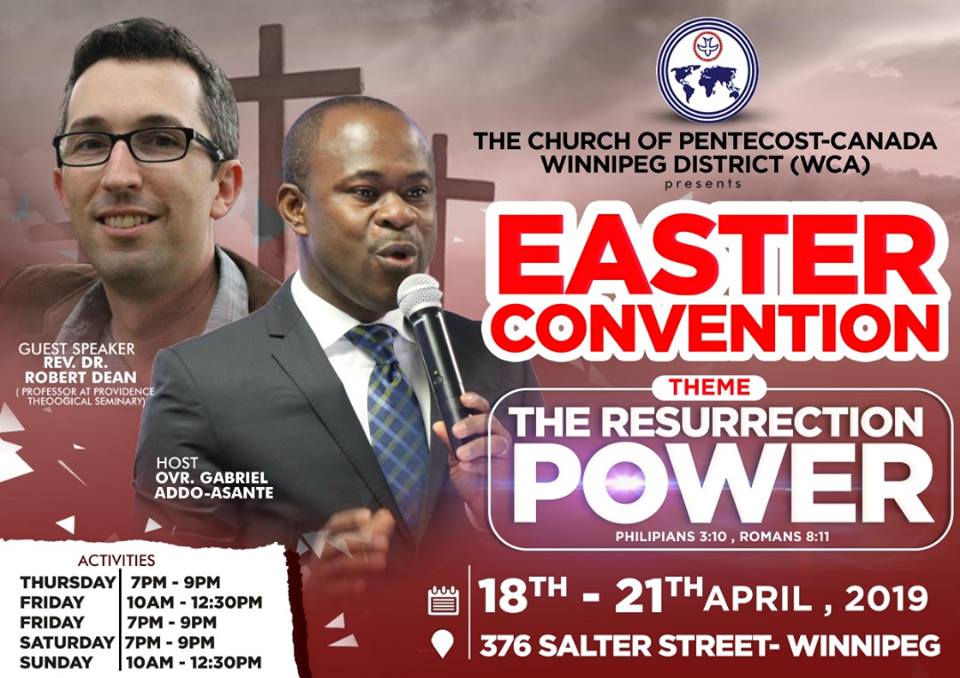Faith and Leadership have published a lovely piece by Stanley Hauerwas on his friendship with Jean Vanier. The following is an excerpt in which Hauerwas recounts the first time he heard the L’Arche founder speak: Continue reading Hauerwas on His “Frightening” Friendship with Jean Vanier
All posts by Robert Dean
Jean Vanier and the Wounds of Jesus
Earlier today, Jean Vanier, the founder of the L’Arche movement, died at the Maison Médicale Jeanne Garnier in Paris. The official announcement from L’Arche can be read here and reports from various new agencies are beginning to appear, including that of the CBC here. Continue reading Jean Vanier and the Wounds of Jesus
The Grammar of Resurrection: An Easter Sunday Sermon Excerpt
I had the great privilege yesterday of celebrating Easter Sunday with the Church of Pentecost in Winnipeg. Thank you to Overseer Gabriel Addo-Asante for the invitation to share in the ministry of the Word on the Day of the Resurrection. Here are a few paragraphs from my sermon on Luke 24: Continue reading The Grammar of Resurrection: An Easter Sunday Sermon Excerpt
Easter Sunday
Augustine on the Ark of the Church
“God commanded Noah to make an Ark, in which he and his family — that is, his wife, his sons and his sons’ wives —were to be saved from the devastation of the Flood, together with the animals that went into the Ark in accordance with God’s directions. Without doubt this is a symbol of the City of God on pilgrimage in this world: that is, of the Church which is saved through the wood upon which hung ‘the Mediator between God and men, the man Christ Jesus’.” (XV.26) 1
- Augustine, The City of God against the Pagans, trans. R.W. Dyson (Cambridge: Cambridge University Press, 1998). ↩
Augustine on the Glorious Wounds of the Martyrs
“I do not know why this is so, but the love we bear for the blessed martyrs makes us desire to see in the kingdom of heaven the marks of the wounds which they received for Christ’s name; and it may be that we shall indeed see them. For this will not be a deformity, but a badge of honour, and the beauty of their virtue — a beauty which is in the body, but not of the body — will shine forth in it. Continue reading Augustine on the Glorious Wounds of the Martyrs
